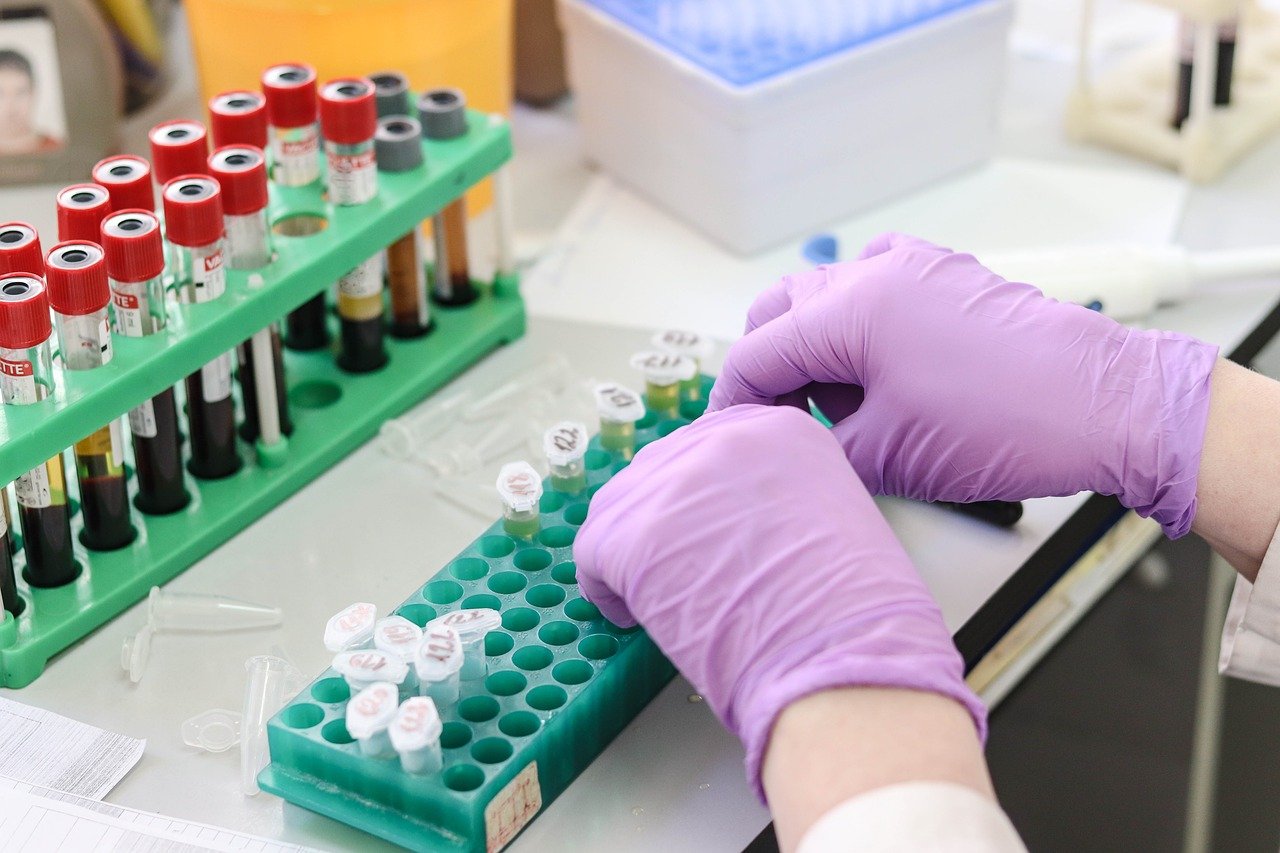
January 18, 2022, by Leah Sharpe
Careers in the Lab: Alumni Insight
By Gemma Foxall, Employability Education Projects Officer
As part of our Spotlight On series of events, we held an informative session all about lab-based careers. Amy (MSci Human Genetics), Group Leader at Charles River Laboratories, Jaimee (BSc Biology), Brain Bank Technician at King’s College London, and Liam (BSc Microbiology), Lab Manager at NHS Test and Trace, were asked many useful questions during the event. Here are some of their valuable insights:
What strengths are useful to have to work in a lab?
Jamiee: “One of them is communication, it’s not a direct lab skill, but you’re always working with different people, backgrounds and levels of expertise, so it’s important you can communicate well. Also, attention to detail and being resilient as experiments don’t always go to plan.”
Amy: “I agree with resilience, for my PhD I spent six months trying to get the same cloning reaction to work with various technical troubleshooting. Keeping going in the face of adversity is a real skill. Also being open to hearing other people’s ideas and taking feedback. It can be easy to think you know what you’re doing, but I’d really recommend keeping that curiosity and openness to other ideas and knowledge.”
Do you have any advice for finding experience or internships?
Liam: “I wasn’t in a position to do internships while I was at uni, but doing something with your time will go towards improving your employability.”
Jaimee: “I didn’t do an internship, but I did apply for the Nottingham Internship Scheme. There are opportunities at places such as Frances Crick Institute or the Welcome Trust. I used professional societies such as the Royal Society of Biology, and the British Neuroscience Association.”
Amy: “I worked as a lab tech for the Open University advertised on MyCareer. I also got my internship by directly emailing a lecturer on my course, tailoring the email to that specific academic and expressing my interest in the work they were doing and that I’d read their paper. Then we applied for funding from the BBSRC together. It was a funded internship with a weekly stipend.
A lot of my experience has come through networking and initiative. It won’t come to you. The worst thing that can happen is that you don’t get a response. It’s disappointing but out of ten emails I sent, I got two responses.”
What advice do you have for final years gaining relevant lab experience?
Liam: “See how far you can extend your final year research project. When I joined my research group for my project, I was able to support the PhD students in my department. It helped me get some extra skills and as much lab time as I could.”
Jaimee: “Really engage with your supervisor and the other PhD students in the lab as you never know what might come from that. It comes back to networking and making connections so you can find out about opportunities.”
Amy: “Make the most of what you’ve got with your final year project. Look at opportunities over the summer or work experience in a covid lab or academic lab. Whatever experience you can get will really help in the early stages of your career.”
Knowing what you know now, is there anything that you would have done differently during your degree?
Jaimee: “I didn’t know much about working in a lab, so it is something I’ve had to learn. I would recommend starting to research career options as early as possible, so you know all the opportunities available to you.”
Amy: “I would have been open to other ideas. As an undergraduate, I had really fixed ideas of my career path, but that didn’t work out and I’m glad it didn’t now. I think it would have been helpful to have been more open to different options in science and out of science and do a bit more research.”
Careers team tips – how to get started with research
1. Prospects – there are role profiles on these webpages that can help you to explore different jobs to find what you might enjoy.
2. LinkedIn – explore different companies or search for other University of Nottingham alumni to find out where their career path has taken them. Reach out to people to ask questions about their roles and industries.
3. Use professional bodies (such as the Royal Society of Biology, the Royal Society of Chemistry, Microbiology Society) – they often have jobs, events, and conferences. You can find out which companies attend their conferences as a way of finding employers of interest. Some societies have dedicated student careers sections too.
Find out more about working in a lab or science careers beyond the lab.
To watch this event recording or any others covering various different career sectors, visit our Spotlight On Moodle page.
No comments yet, fill out a comment to be the first

Leave a Reply